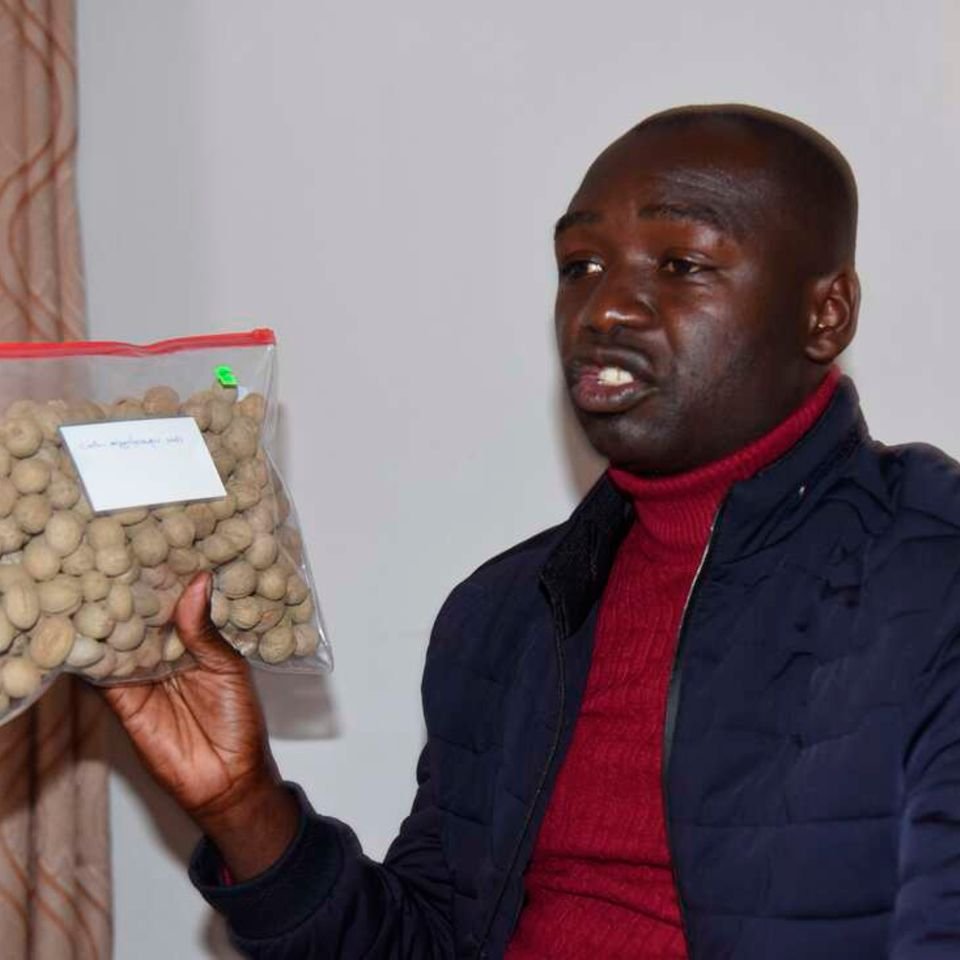The Maa community is famous of Female Genital Mutilation (FGM) as the practice is at 78 per cent, according to the Kenya Demographic Survey of 2014.
However, the practice could soon come to an end as in some parts, the residents have come together to stop the practice and embrace modernity after they were informed of the dangers of engaging in the practice.
Residents of Erangata-Nderit area in Narok South Sub County have committed to eradicate Female Genital Mutilation (FGM) so as to accord girls a decent livelihood.
The residents who spoke during an anti-FGM campaign organised by the Department of Children Service and World Vision organisation vowed to keep watch to ensure no girl in the area underwent the retrogressive cultural practice.
Gladys Nonkileo, an Anti-FGM activist said the women in the area have agreed to end the practice because it was impacting negatively to the performance of their girls in school.
She said the decision came after various non-Governmental organisations in collaboration with government agencies held several sensitisation workshops in the area where they educated the residents on the dangers of engaging in the retrogressive practice.
“We as women have spoken to our daughters and have warned them to focus on education which will give them a bright future. Before, it was a custom in this area for a girl to undergo FGM once she attains the age puberty age,” she said.
Mzee Sembere Ole Turere, a village elder, echoed the sentiments saying the church has also come in strongly to oppose the vice that is not biblical.
Mzee Turere reiterated his love for the girl child saying he would wish to see girls living a decent life and becoming professionals just like the boy child as they too had a right to decency.
When asked what punishment they accord to those who subject their girls to the cut, Mzee Turere said that the few cases reported were handed over to the local chiefs through the village elders who arrested the suspects.
“We have agreed in unison that we should value our girls and protect them against any danger which include FGM and early marriages. We hope that the practice will completely end in this area,” said Mzee Turere.
Ms. Josephine Nashipae who narrowly escaped FGM at the age of 13 expressed her gratitude to the community for agreeing to end FGM and embracing modernity.
Ms. Nashipae, a Maasai Mara University student thanked the NGOs working in the area for sensitizing the residents and ensuring that the girls are in school.
“I ask parents to protect their children and ensure they are in school because in Maa land we believe educating a girl is empowering the community,” she said.
Grace Sena, a class eight pupil in Erangata Boarding Primary School said they have been educated to say No to FGM because it fuels early marriages, girl marriage and unwanted pregnancies.
Sena who wishes to become a doctor in future asked her fellow girls to say No to the retrogressive practice that has made the community to lag behind on social and development matters.
Her sentiments were echoed by Mary Naipanoi, a class seven pupil in the same school who observed girls who undergo FGM risk dropping out of school as they are married off to old men who give their parents cheap dowry.
The class seven pupil recalled an incident where her classmate was married off immediately after undergoing FGM making her to live a very desperate life.
The area chief Patrick Mebei lauded the residents for collaborating to end the retrogressive culture saying this year, they have arrested a number of people adding four cases are currently ongoing at the Narok law court involving FGM.
He commended girls for reporting the cases to his office before the incident happens so as to finish the incidents completely.
Narok South and West Sub County Children Officer Dr Tom Ochieng cautioned residents who hide cases on Violence Against Children saying they risk being arrested and arraigned in court.
Dr Ochieng said already ten cases of FGM are before the law court and those arrested are supposed to serve as an example to the other members of the society.
He lamented that some residents hide their children in neigbouring country Tanzania, to escape arrest saying the government is keeping watch and those found will be legally punished.
Mwambi Mong’are, an Assistant Director of Children from the headquarters said he was in the county to sensitise residents to stop FGM and to educate them on the dangers of the practice.
Mong’are asked residents to report cases of Violence Against Children to the relevant authority or call 116 to get help at no cost.
In the year 2019, President Uhuru Kenyatta committed to end the retrogressive culture by the year 2022 and called on all government agencies and NGOs to tighten their belt on the fight against FGM.
According to the Kenya Demographic and Health Survey (KDHS), 2014 report, 21 per cent of women and girls aged between 15-19 years in Kenya had undergone FGM.
The report showed that the practice is high in the North Eastern regions (97 per cent), followed by Samburu (86 per cent), Kisii (84 per cent) and Maa counties at 78 per cent.
FGM has implications on the physical and emotional health of women and girls with no known benefits of the practice.

